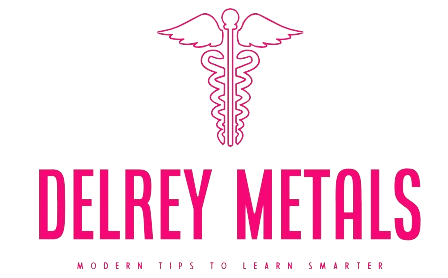There are a number of ways that individuals can commit healthcare fraud. However, there are also a number of ways that patients and providers can avoid becoming victims of healthcare fraud. Below are some tips for avoiding healthcare fraud.
Be aware of the types of healthcare fraud:
There are many different types of healthcare fraud, so it is important to be aware of the most common schemes. Some of the most common types of fraud include billing for services that were not rendered, billing for more expensive services than were actually provided and providing kickbacks for referrals.
Check your Explanation of Benefits (EOB) statement:
Your EOB statement is a summary of the medical services that you have received and how much your insurance company paid for those services. If you see any services listed that you did not receive, or if the amounts listed do not match the services that you received, and then this could be a red flag for fraud.
Free offers:
In some cases, individuals may commit fraud by offering free services or products that are actually not free. Be sure to read the fine print and understand the terms of any offer before accepting. The best way to avoid online fraud is to be proactive. Research the companies and organizations that you plan to do business with to ensure they are legitimate.
Do not give out your personal information:
Be cautious of giving out your personal information, such as your social security number or date of birth, to anyone who you do not know and trust. In some cases, individuals may use this information to commit fraud.
Review your credit report:
If you see any unusual activity on your credit report, such as accounts that you did not open or charges that you did not make, this could be a sign of fraud. Be sure to report any suspicious activity to the credit bureau.
Be aware of scams:
There are many different types of scams that may be used to commit healthcare fraud. Some of the most common scams include identity theft, phishing, and Medicare fraud. Be sure to research any offers that you receive before providing any personal information.
Report any suspicious activity:
If you see anything that appears to be fraud, be sure to report it to the proper authorities. You can also contact the Federal Healthcare Fraud defense attorney to report any suspicious activity. You may also want to contact the Better Business Bureau to make sure that the new provider is legitimate and has a good reputation.
Conclusion:
By following the tips above, you can help to avoid becoming a victim of healthcare fraud.









